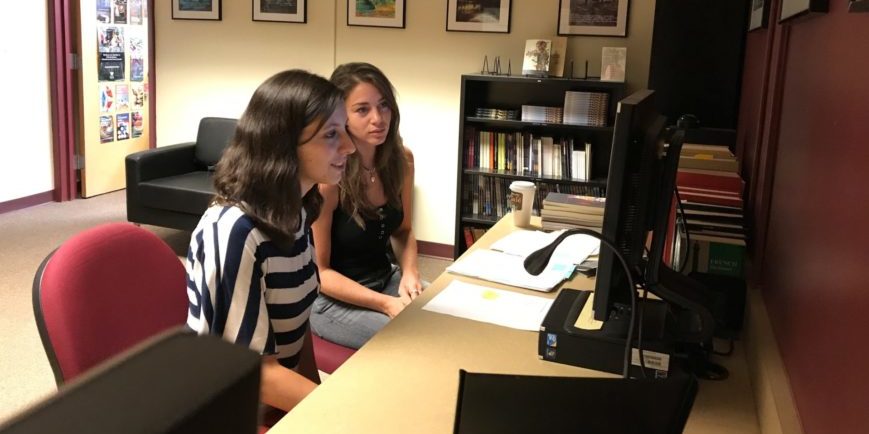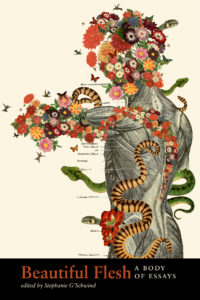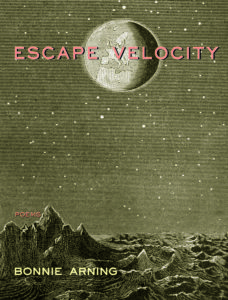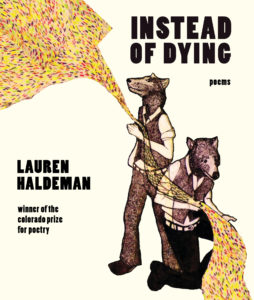
Interns Chelsea Hansen, left, and Kristin Macintyre work on a book at the Center for Literary Publishing. Photo by Nicolle McMurray
At first glance, one might not guess that an unassuming suite of offices in an old residence hall is home to a comprehensive student training ground for the world of publishing, a place one former intern calls “an oasis in Aylesworth.”
The Center for Literary Publishing at Colorado State University produces the 61-year-old Colorado Review and several other publications with the help of an army of interns who are involved in virtually every step of the publishing process.

“Working at the center was just hands-down the best decision I made at CSU,” says Derek Askey, a former intern who is now an editorial assistant for the prominent literary magazine The Sun. “I would not be in this job I love if it weren’t for my time at the CLP.”
A storied history
Former Colorado Review editor and CSU Professor David Milofsky created the center 25 years ago when he launched the Colorado Prize for Poetry, a juried international contest that culminates in the publication of a book of poetry by the winner. Stephanie G’Schwind, who succeeded Milofsky as editor and center director in 2003, further expanded the CLP six years ago by creating the Mountain West Poetry Series, a biannual book series that publishes poetry collections by writers in the region.
The center’s most recent release, a nonfiction anthology of essays about the body called Beautiful Flesh, came out in May. The “body of essays” covers everything from a humorous piece Dinty W. Moore wrote about his sinuses to CSU alum Steven Church’s tribute to the ears.
None of the work could be done without the team of interns, says G’Schwind, who estimates that at least 300 students — most of them from the MFA program in creative writing — have interned at the CLP since 1992.

“It’s a publishing laboratory, a lab where they learn these skills and practice them on real publications,” G’Schwind says. “We do everything here, the copyediting, the design, the typesetting, the proofing. The only thing we don’t do is the printing.”
Initial screening
The interns are typically the first to read the external submissions for Colorado Review, a national journal of contemporary short fiction, creative nonfiction, and poetry that has about 1,000 subscribers and is published three times a year. If at least two interns give a thumbs-up to a writer’s piece, it goes directly to one of the periodical’s genre editors for review.
“You’re very hands-on in every step of putting a magazine together, which had previously been sort of like alchemy to me,” says Askey, who earned his MFA in 2013. “It demystified a lot of things I was in the dark about.”
An intern typically serves in multiple roles while working at the center.
“There are many hands stirring the pot, but you shake out what you’re good at and what you enjoy doing,” Askey says. “I discovered that I have this sickness — I like proofreading.”
He says he uses the things he learned at the CLP — like the Adobe Creative Suite and the Chicago Manual of Style — every week at The Sun.
“Stephanie was a very patient and serious boss,” Askey adds. “She is impeccably organized and tidy, and those are traits I share.”

A typical scene
On a particular day in July, Chelsea Hansen and Kristin Macintyre — two of the approximately 25 interns G’Schwind employs at any given time — are working side by side at a computer screen. Macintyre, the copyeditor for a book the CLP will publish in a few months, has just had an hours-long phone conversation with the author about the nontraditional lexicon she employs in her manuscript, and she is talking typesetter Hansen through all of her edits, one by one.
“What they’re doing here is real, and it has real implications for authors,” G’Schwind says, adding that Colorado Review-published pieces are regularly selected for inclusion in national collections like The Best American Essays. “And even if you don’t go into publishing, the internship gives you skills you can use in many other fields. It doesn’t hurt to know a program like InDesign.”
Once the books are printed, the University Press of Colorado serves as the center’s distributor, handling post-production duties like marketing, sales, order fulfillment, returns and royalty payments.
For G’Schwind, as fulfilling as it is to hold the final product after shepherding a publication from beginning to end, one thing surpasses that feeling.
“In many ways, the most rewarding thing is seeing these interns go out and get jobs and use the skills they learned here,” she says.
The CLP is based in the Department of English, part of CSU’s College of Liberal Arts. More information about the center, including how to donate to the Colorado Review, is available at coloradoreview.colostate.edu.